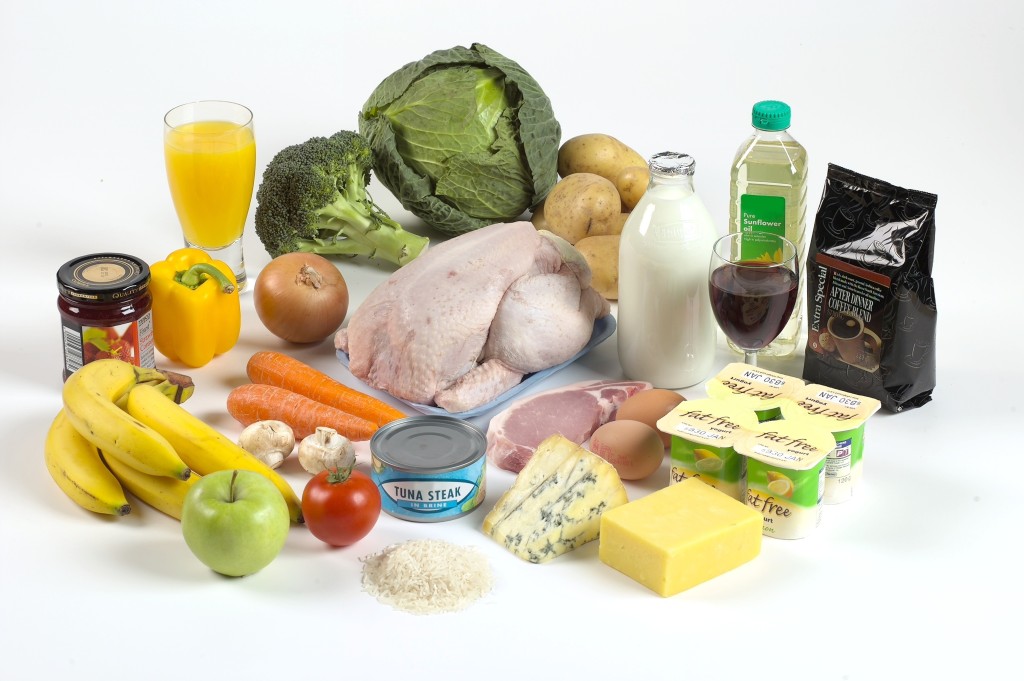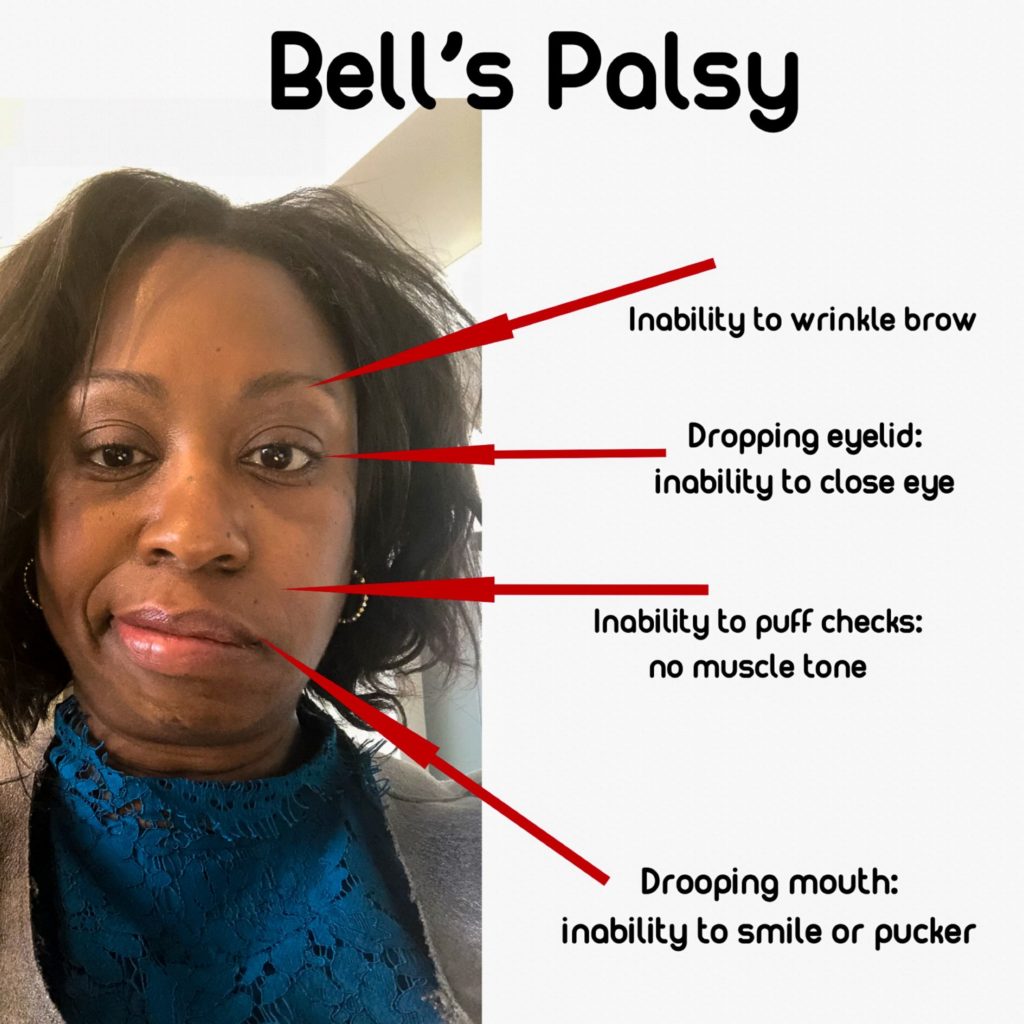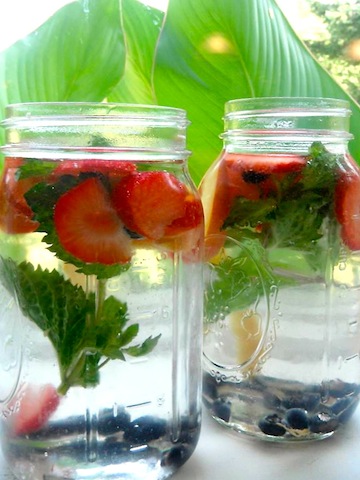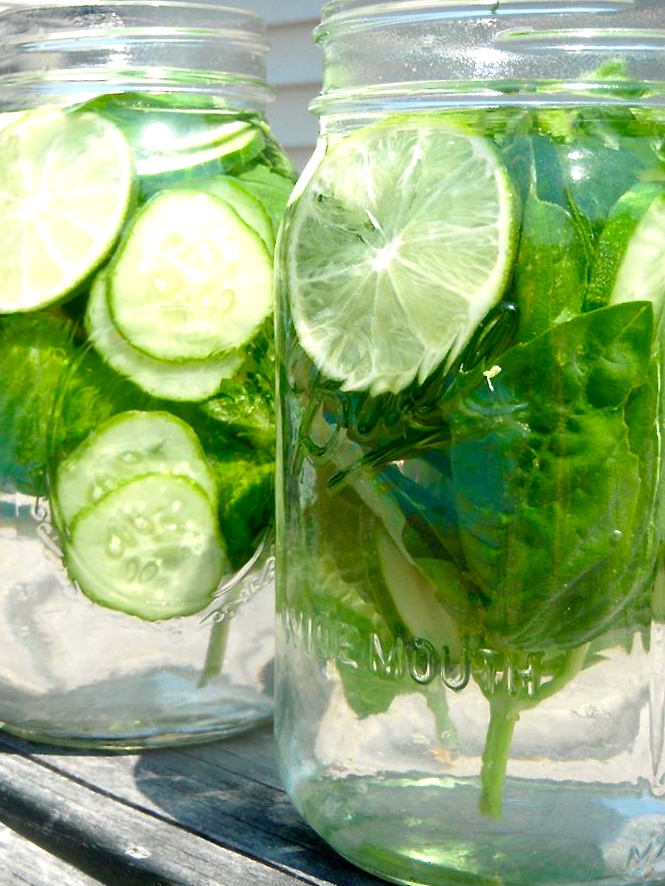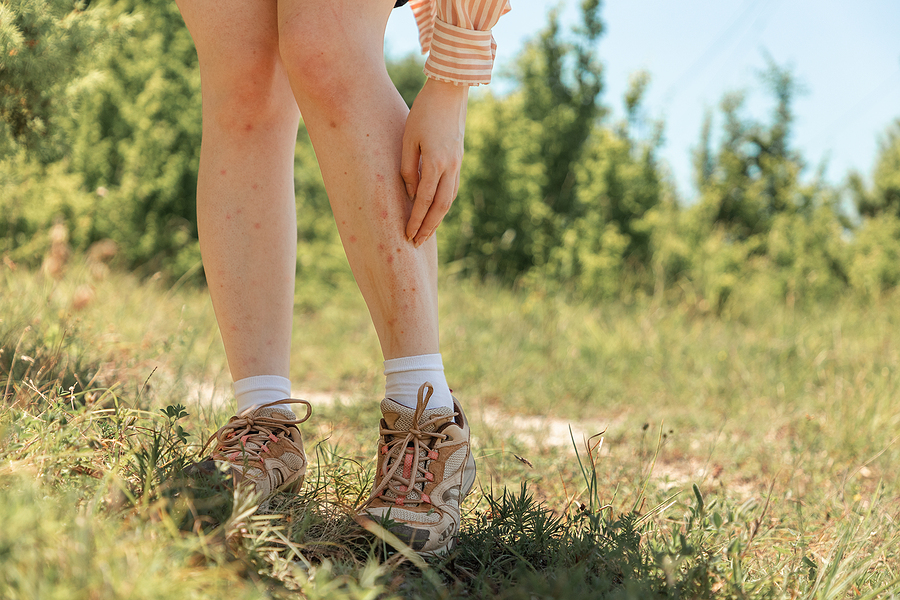
Is Lyme Disease only a summer thing? The answer is No, Lyme disease is not just a summer issue, though the risk is highest in late spring and summer. The black-legged tick (deer tick), which spreads Lyme disease, can be active whenever temperatures are above freezing. In warmer climates, ticks can be a risk year-round. Even in colder areas, mild winter days can bring out ticks, so it’s important to take precautions whenever you’re in tick-prone areas. Read up on an article I wrote back in 2012 when my daughter starting experience symptoms in December and was not diagnosed until March. Lyme Disease, an Accidental Diagnosis
Lyme Disease: Causes, Symptoms, Prevention, and Treatment
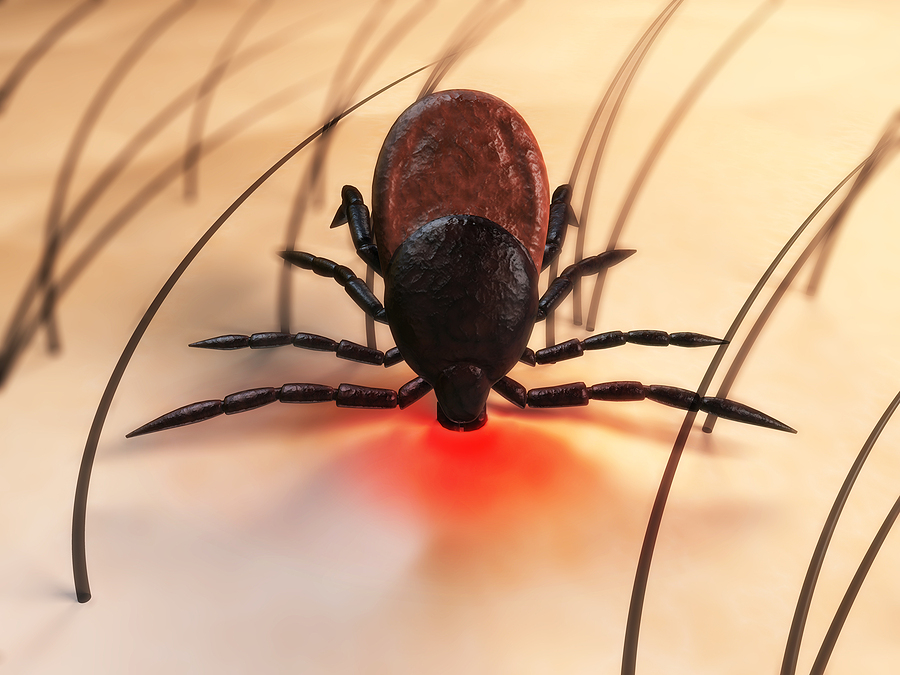
What Is Lyme Disease?
Lyme disease is a bacterial infection caused by Borrelia burgdorferi and, in rare cases, Borrelia mayonii. It is transmitted to humans through the bite of infected black-legged ticks (also called deer ticks). If left untreated, Lyme disease can lead to severe complications affecting the joints, heart, and nervous system.
How Is Lyme Disease Transmitted?
Lyme disease spreads through the bite of an infected tick. Ticks become infected when they feed on infected animals, such as mice or deer. Humans typically get bitten in wooded, grassy, or brushy areas where ticks thrive.
Ticks are most active from late spring through early fall, but in some regions, they can remain active year-round, especially in mild winters.
Symptoms of Lyme Disease
Lyme disease progresses in stages, and symptoms vary depending on how long the infection has been in the body.
Early Stage Symptoms (3–30 Days After a Tick Bite)
• Bullseye rash (erythema migrans) – a red, expanding rash that may resemble a target
• Fever and chills
• Fatigue
• Headache
• Muscle and joint aches
• Swollen lymph nodes
Later Stage Symptoms (Weeks to Months After a Tick Bite)
• Severe joint pain and swelling (Lyme arthritis)
• Neurological issues, such as facial paralysis (Bell’s palsy), numbness, or tingling
• Heart palpitations (Lyme carditis)
• Dizziness or shortness of breath
• Inflammation of the brain or spinal cord (in rare cases)
Diagnosis and Treatment
Doctors diagnose Lyme disease based on symptoms, exposure risk, and sometimes blood tests. Early-stage Lyme disease is typically treated with a short course of antibiotics, such as doxycycline, amoxicillin, or cefuroxime. Most patients recover fully if treated early.
If Lyme disease is left untreated, it can lead to chronic symptoms that require extended antibiotic treatment.
Prevention Tips
Since Lyme disease is caused by tick bites, prevention focuses on reducing tick exposure:
• Avoid tick-prone areas: Stick to trails and avoid tall grass or brush.
• Wear protective clothing: Long sleeves, long pants, and light-colored clothing can help spot ticks.
• Use insect repellent: Products containing DEET or permethrin can deter ticks.
• Perform tick checks: After spending time outdoors, check your body, clothes, and pets for ticks.
• Shower and wash clothes: Taking a shower and putting clothes in the dryer on high heat can help remove or kill ticks.
What to Do If You Find a Tick
If you find a tick attached to your skin:
1. Use fine-tipped tweezers to grasp the tick as close to the skin as possible.
2. Pull upward with steady, even pressure—avoid twisting or jerking.
3. Clean the bite area with alcohol or soap and water.
4. Dispose of the tick properly by flushing it or sealing it in a bag.
5. Monitor for symptoms of Lyme disease and contact a doctor if needed.
Conclusion
Lyme disease is a serious but preventable illness. By taking precautions in tick-prone areas and recognizing early symptoms, individuals can reduce their risk of infection and complications. If you suspect a tick bite and develop symptoms, seek medical attention promptly.

